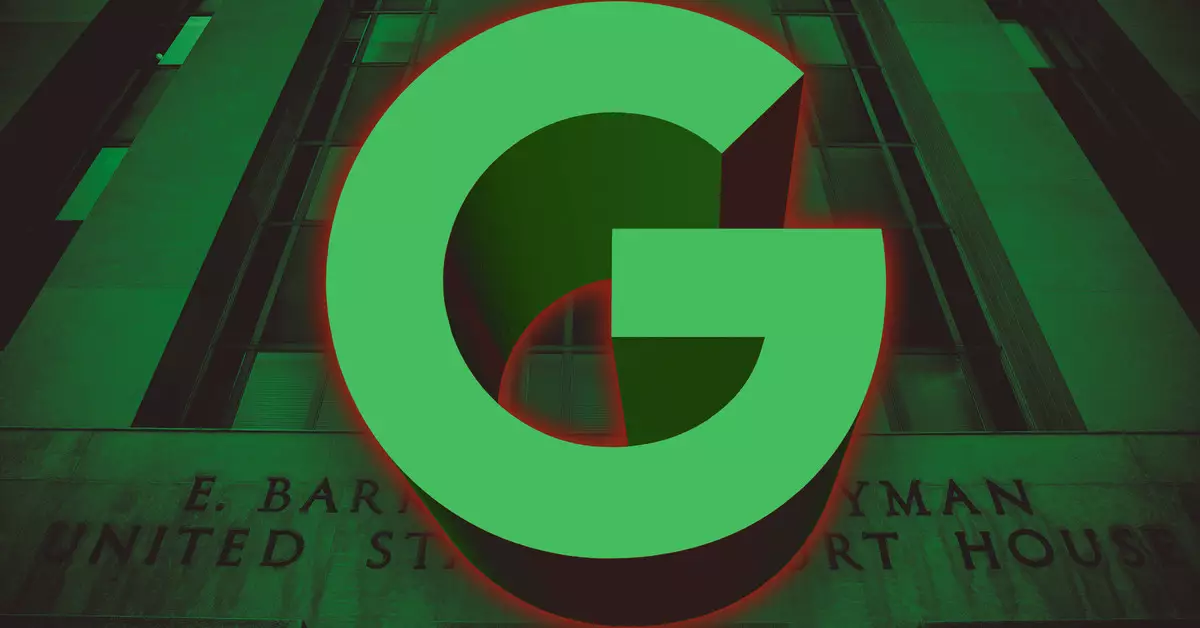The ongoing battle over Google’s dominance in the digital marketplace has taken a crucial turn, especially following the Department of Justice (DOJ) labeling the tech giant a monopolist. This assertion is underscored by concerns surrounding Google’s alleged illegal practices that stifle competition within the search engine domain. Despite Google’s high-profile stature in tech, its business model and associated practices have come under scrutiny, with the DOJ advocating for significant changes to foster a more competitive environment.
Google’s Response to Regulatory Pressure
In light of the DOJ’s claims, Google has proposed a set of countermeasures aiming to alleviate the concerns raised without significantly altering its core structure. Notably absent from Google’s suggestions is the sale of its Chrome browser, a prominent suggestion from the DOJ. Instead, the tech company has focused on the existing financial arrangements it maintains with third-party partners such as Apple and Mozilla, which emphasize exclusive deals that bolster its service distribution. This approach indicates Google’s fight to maintain its competitive edge while complying with regulatory expectations.
Google’s proposed remediation seeks to address the payment agreements it has enforced for preferential placement of its services, especially with smartphone manufacturers and internet service providers. Importantly, the initiative includes a commitment to decouple those financial agreements from the preinstallation and licensing of its other applications, such as Google Assistant and the Play Store. By ensuring that these agreements remain independent, Google hopes to demonstrate a commitment to fairness in competition. However, the extent to which this will evolve the competitive landscape remains a focal point of contention.
Restrictions and Conditions Imposed
The proposed remedies also stipulate that Google would be prohibited from entering into contracts that would link its applications with either licensing arrangements for Chrome or its app distribution platform, aiming to prevent improper bundling that could undermine competition. Google expresses willingness for transparency, proposing annual reviews of such contracts to assess their competitive impact. However, the proposal raises questions about whether such measures genuinely enhance market competition or merely create a façade of compliance with regulatory mandates.
As Google prepares to appeal the ruling that solidified its monopolistic status, the stakes are high not only for Google but for the broader tech industry. The forthcoming trial is slated to take place in April, and discussions surrounding Google’s search data sharing practices remain unresolved. This situation exemplifies a critical juncture in the tech industry, as the outcomes could set important precedents for other major tech companies facing similar scrutiny. The coming months will be crucial in determining whether the proposed changes will sufficiently address antitrust concerns or if more extensive corrective measures are necessary to restore genuine competition in the digital landscape.


Leave a Reply